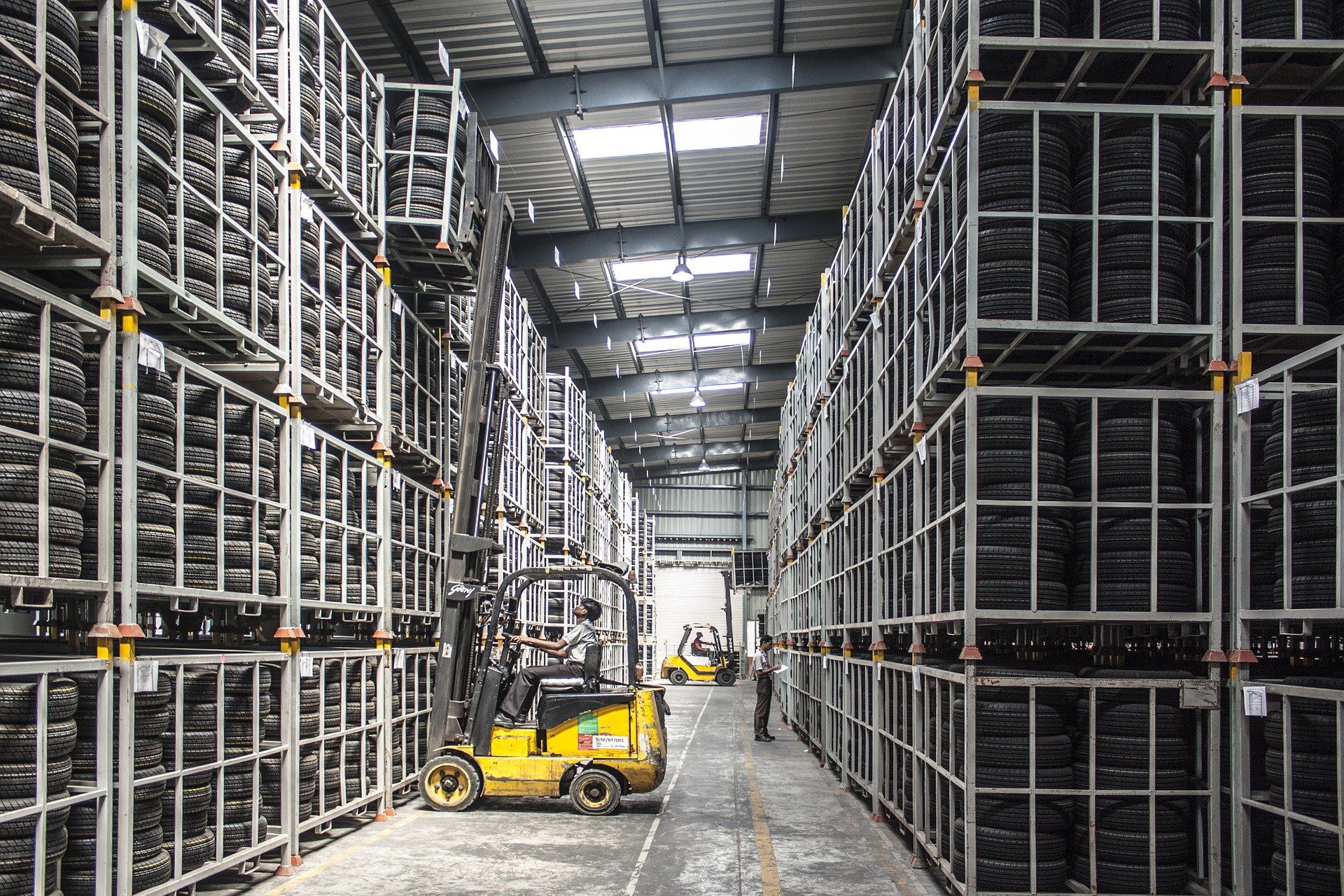Top 3 Industries Most Changed By AI Technology

 Whether we like it or not, Artificial Intelligence and Machine Learning technologies are already a part of everyday life. In addition, as they evolve and become smarter, these technologies are extending their reach towards new industries making automation more affordable and easy to integrate.
Whether we like it or not, Artificial Intelligence and Machine Learning technologies are already a part of everyday life. In addition, as they evolve and become smarter, these technologies are extending their reach towards new industries making automation more affordable and easy to integrate.
As a direct result, we now have better and safer work environments, faster production methods, and access to better research than ever before. In addition, the possibilities for improvement are just starting to open up, so it’s difficult to predict just how far we can go.
Until then, we can only measure the effects on the industries that had the most to gain from AI-based tools such as logistics, manufacturing, or healthcare. We will take a look at the effects AI had on each of these industries and try to understand the differences before and after AI.
Logistics
The world of logistics is dependent on safe and speedy delivery all over the world. Whether it’s by truck, plane, or boat, our world works the way it does because goods can be shipped from one corner of the world to the other.
However, considering the distance and the sheer volume of transports, it’s easy to understand there will always be risks that must be accounted for. Luckily, nowadays those risks are easier to predict and mitigate due to the involvement of smart technologies.
For instance, nowadays operators use different types of dash cams for trucks, sensors (also installed on trucks and goods), GPS-enabled devices, and other similar equipment. All these devices send real-time data to an AI brain that can process and analyze everything in a matter of seconds.
Manufacturing
The use of smart robots in factories and production facilities proved that AI plays a detrimental role in reducing costs and improving worker safety.
In addition, AI-powered robots have the possibility to learn and improve based on past experiences, which amps up the innovation.
Still, it’s important to keep in mind that good data is detrimental for new technologies like AI and ML. Therefore, it is crucial to have an automation-oriented environment where humans and smart devices can collaborate safely.
The use of smart devices can also help bring the cost of manufacturing down by reducing time spent per item and improving processing speed.
Healthcare
The healthcare industry went through several different changes ever since AI-based tools were introduced.
First, we see an improvement in the way data is stored, processed, and handled. Medical professionals have faster and easier access to real-time data analyses that can provide revolutionary insight. As a result, we see faster developments in various technologies used to develop and distribute vaccines (as is the case for the COVID-19 vaccine), treatments, and identifying patterns in world-wide health threats.
Another healthcare sector where smart technologies are making improvements is medical equipment. Nowadays, we have access to robot-assisted surgery and various devices and platforms that can be used for quick and accurate diagnostics.
For instance, an application like IBM Watson can be used for the diagnostic of rare diseases and devising up treatments for common diseases based on gender, age, or diet. While these platforms still need human supervision, they can be of great help in shortening the time spent in healthcare facilities for investigations.
Wrap Up
AI and ML based technologies are the future in many industries and they will end up taking over many routine jobs that are currently held by humans. This can be scary, but it is the next step in our journey towards a better future with better working conditions.
Moreover, the companies and organizations that don’t accept the change and don’t start implementing modern technologies are going to be left behind.





